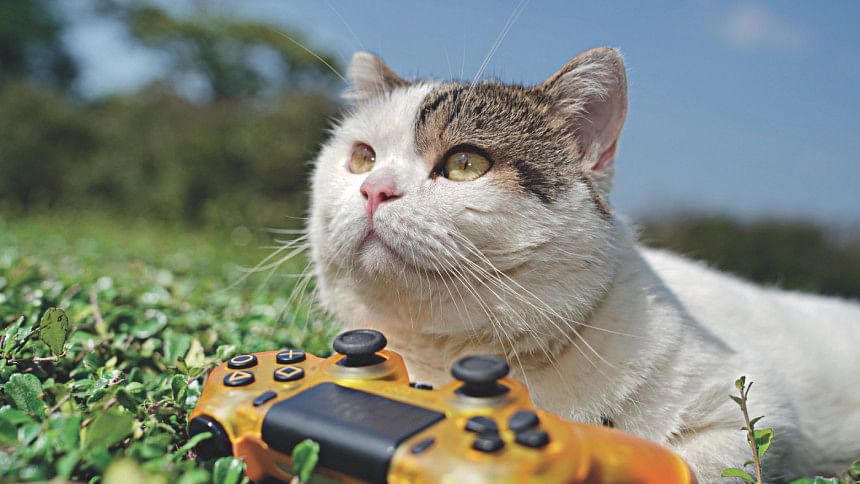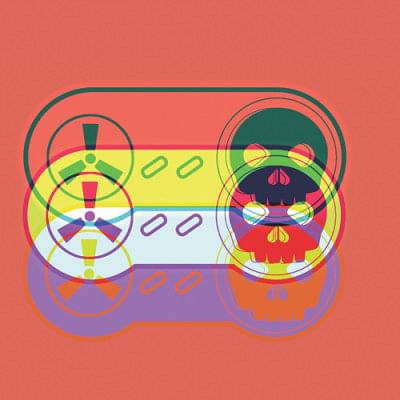The global video gaming industry Not as fun as it seems

The gaming industry is currently richer than both the global box office and the music industry combined. By 2022, experts forecast it to produce USD 196 billion in revenue and tech giants like Apple and Google are trying to cash in on this by launching gaming streaming services of their own. The success of the gaming industry has also increased starting and average salaries for employees, making it a lucrative industry for aspiring animators, developers and coders. However, the success of the industry comes at the cost of what workers have to go through behind the scenes. In 2019, the world came to know about the true price workers have to pay to be a part of the world’s biggest entertainment industry.
Crunch Culture
This is mandatory for anyone willing to work at a major studio. Workers in the gaming industry have to endure inhumane working hours to meet deadlines for game releases. 95% of developers said that they had either crunched or worked overtime with over 80% of them saying that they were not paid for the extra hours. Most popular games including the recent trio of “Red Dead Redemption 2”, “Fortnite” and “Anthem” were subjects of major investigations for their mismanagement of labour and for making employees work from 70 hours to as many as 100 hours in a week.

Rise of “Games as a Service”
Games like Fortnite Battle Royale is a part of this trend. These games follow a microtransaction model where popular titles are constantly updated with new modes, skins, weapons and characters. This leads to continuous deadlines for workers in the industry. Video game patches are being rolled out all the time. The executives keep pushing the employees to react to audience demands and make continuous changes to keep the games interesting. Because of this, the crunch never ends for developers.
Unfair Pay and Contracts
The gaming website Kotaku reported that Treyarch’s QA testers were paid a base wage of around 13 USD an hour, whereas the game Black Ops 4 made 500 million USD in just a few days. Workers at other companies like Epic Games (developers of Fortnite) received similar unfair treatment. Developers are afraid to speak about it openly because of the fear of retaliation from current and future employers in the industry. When asked, many industry professionals defend the practice by talking about the average salary in the industry which does not show the full picture. Senior designers earn a lot and taking their salary into calculation of average hides the small amount junior developers and coders are paid.
No Job Security
After a game is launched, many workers are laid off by the studios. Activision Blizzard, the studio that publishes Call of Duty, laid off about 800 employees on the same day it announced a revenue record during 2018. Big layoffs like this happen every two to four years. The threat is more severe for marginalised workers in the industry like women, non-binary people and people of colour.
Discrimination
The number of women gamers in the world has been increasing drastically, whereas very few women still want to work in the gaming industry because of major concerns about the work culture. In 2014, “#Gamergate” controversy took the gaming industry by storm. The movement stemmed from how women were treated unfairly in a male dominated industry. Some female developers even received rape and death threats from their colleagues and supervisors. Sexual harassment is a big issue here and most of the women do not have a voice even when they are trying to raise their concerns.
With all that said, hope still exists as several studios are taking important initiatives to make the culture fairer for everyone. Unionisation can be an important step in that direction. The gaming industry currently does not have a union option, unlike the TV or Film industry. However, grassroots organisations like Game Workers Unite (GWU) are rising up to encourage unionisation across the industry. Their mission is to “connect pro-union activists, exploited workers and allies across disciplines, classes and countries in the name of building a unionised game industry”. GWU already has local chapters in France, Ireland, UK, Finland and Scotland. They have formally been accepted into The Independent Workers’ Union of Great Britain.
With rising costs and complexities of video games, the work pressure on the workers behind the screen will not improve automatically. However, steps should be taken so that workers do not have to worry about anything else while working with something they genuinely love.
References
1. International Game Developers Association, 2017
2. Business Insider, 2019

 For all latest news, follow The Daily Star's Google News channel.
For all latest news, follow The Daily Star's Google News channel. 



Comments